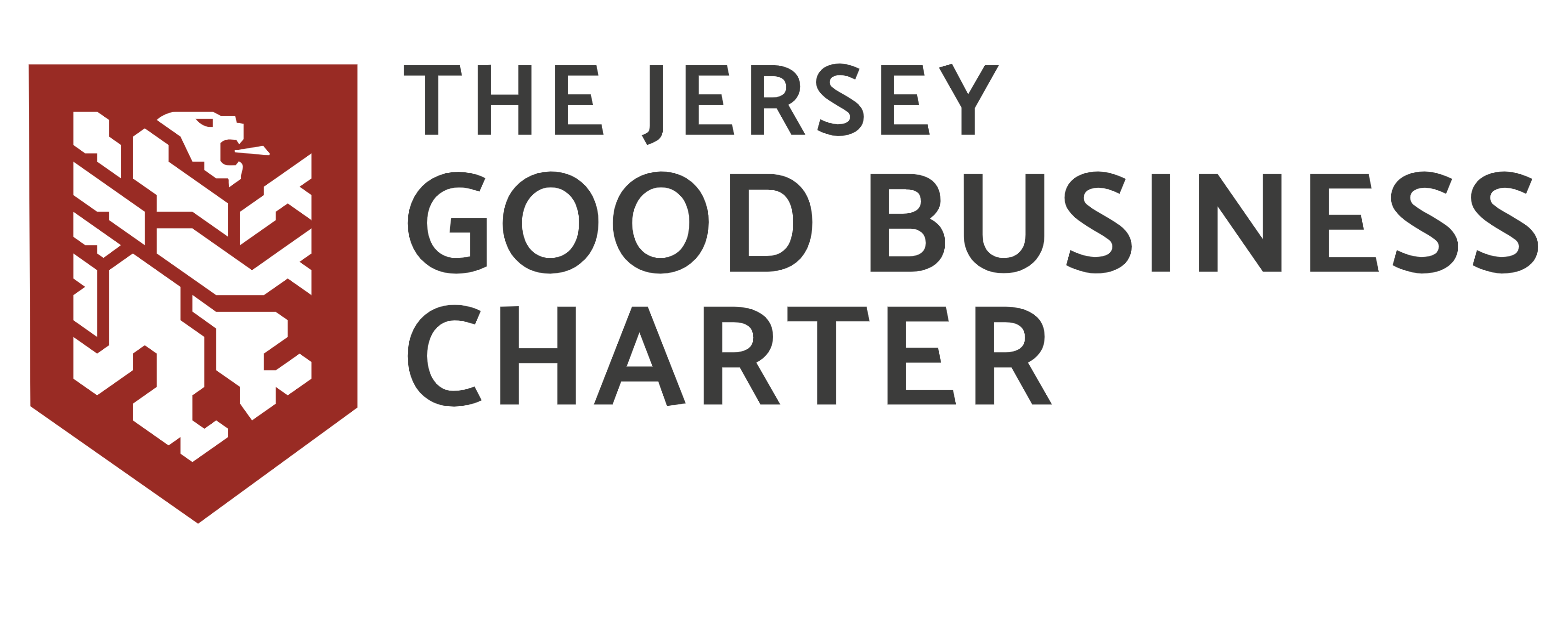The Jersey Good Business Charter Criteria related to Local Action
In the ever-evolving landscape of corporate responsibility, businesses are increasingly recognizing the importance of engaging with and contributing positively to their local communities. The Jersey Good Business Charter stands as a beacon for companies striving to make a tangible impact beyond profit margins. Through its comprehensive accreditation process, the Charter seeks to not only acknowledge but also encourage businesses to prioritize local action across various facets of community engagement. Let’s delve into the specific criteria related to Local Action and explore how businesses can meet these standards effectively.
1. Corporate Charitable Giving
The first indicator under Local Philanthropy, Indicator 5.1.1, focuses on whether businesses have an annual target or budget for corporate charitable giving. This encompasses both financial contributions and employee involvement in community initiatives. For instance, Accuro demonstrates its commitment by allocating funds for local charitable giving and providing paid time off for employees to engage in community projects. This ensures a sustained and meaningful contribution to the local community.
2. Facilitating Staff Fundraising Initiatives
Indicator 5.1.2 emphasizes the importance of facilitating staff fundraising initiatives, which can significantly boost morale and foster a sense of community within the workplace. Businesses can support these efforts through management backing, payroll giving schemes, and even matched funding for staff fundraising endeavors. By encouraging employee-led initiatives, companies empower their workforce to make a difference in causes they are passionate about.
3. Engagement with Third Sector Bodies
Moving beyond occasional donations, Indicator 5.1.3 highlights the significance of engaging with third sector bodies in a meaningful and sustained manner. This involves offering more than just financial support by providing expertise, volunteer time, and establishing long-term partnerships with local charities. By leveraging their resources and skills, businesses can maximize their impact and address community needs more effectively.
4. Collaboration and Support for Local Initiatives
Under Local Action, businesses are encouraged to collaborate with other corporates and civic institutions to support local initiatives (Indicators 5.2.2 and 5.2.3). Whether it’s participating in community projects, partnering with local schools, or joining forces with other businesses under the umbrella of a charity, collective action can amplify the positive outcomes for the local community. By pooling resources and expertise, businesses can tackle complex challenges more comprehensively.
5. Local Economic Impact and Engagement
Finally, the principles of Local Economy underscore the importance of considering and prioritizing local impact in economic decision-making (Indicators 5.4.1 to 5.4.3). This involves adopting policies to buy local, hire local, and train local, thereby nurturing a thriving ecosystem of local businesses and talent. Furthermore, businesses are encouraged to make their boards aware of issues related to the local footprint and interdependencies, fostering transparency and accountability in their operations.
Conclusion
The Jersey Good Business Charter sets a high standard for businesses aspiring to be positive forces within their local communities. By adhering to the accreditation criteria related to Local Action, companies can not only enhance their reputation but also make a meaningful difference in the lives of those they serve. From philanthropic endeavors to sustainable economic practices, businesses have a pivotal role to play in building stronger, more resilient communities for the future.
